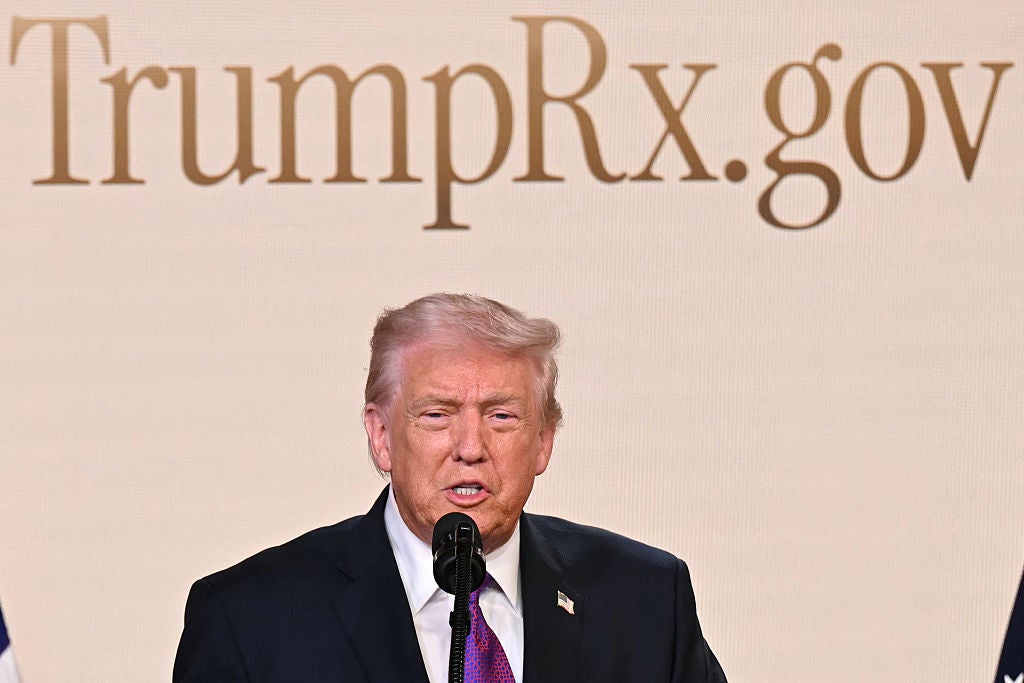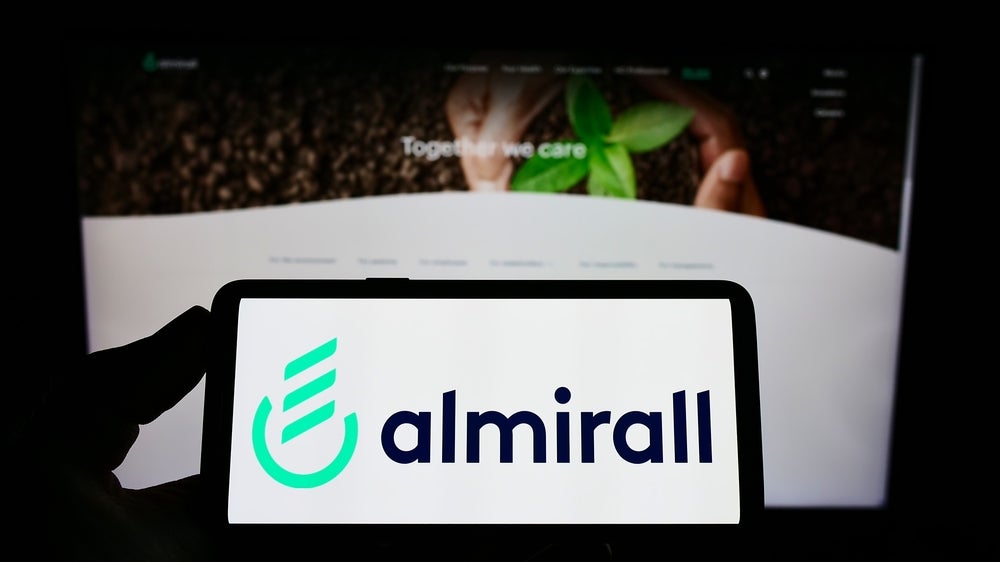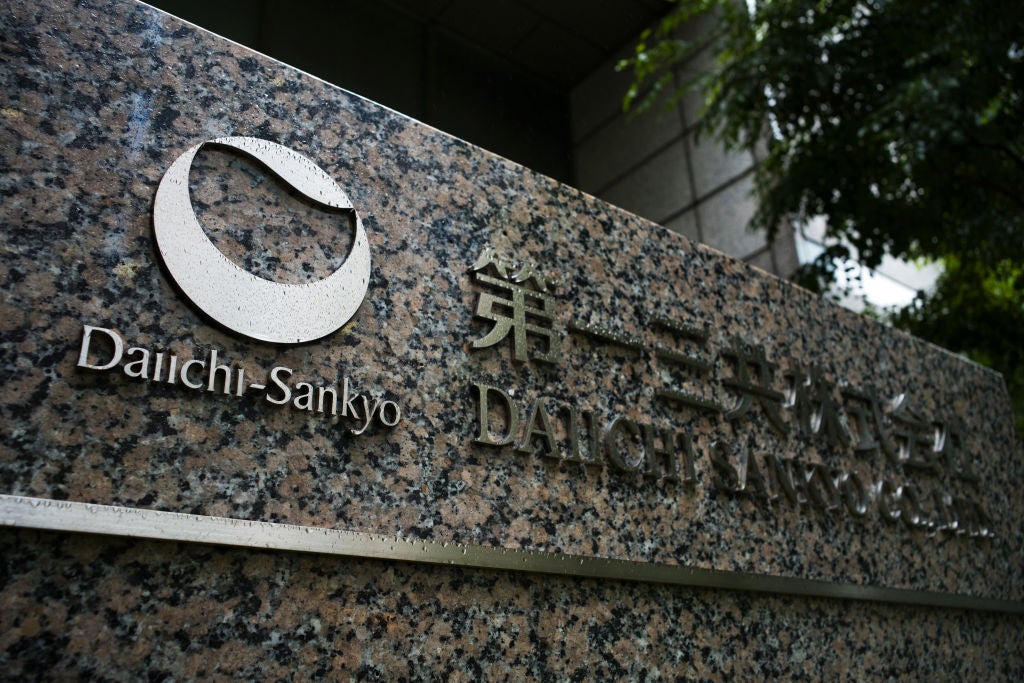Moderna lost more than 20% of its value on the stock market as the company delivered slashed revenue guidance for 2025, stressing savings as key to its goal of balancing cash flow by 2028.
Ahead of CEO Stéphane Bancel’s address at the JP Morgan Healthcare Conference 2025, being held in San Francisco, the company announced business and pipeline updates that emphasised the company’s conservative tack, with cash cost estimations projected to drop by around $1bn from 2024. The company’s stock was down 21% when the market opened that day [13 January] and remains in the same range a day later. Moderna, which took centre stage during the pandemic, has not had a share price this low since April 2020.
The company’s strategy moving forward will centre on driving sales from its currently marketed products; its Covid-19 vaccine Spikevax, approved by the US Food and Drug Administration (FDA) in January 2022, and its RSV vaccine mRESVIA, which received FDA approval in May 2024. Moderna generated $3bn–$3.1bn in total product sales in 2024, below its $3.5bn target. Bancel said these revenues are expected to further drop to $1.5bn–$2.5bn in 2025.
In an effort to maintain the longevity of profits gained during the Covid-19 pandemic, the company has enacted a sweeping program of cost savings, including cutting several clinical programmes. Reduced investment in R&D will continue into 2025, according to Bancel, who stated Moderna will seek to reduce net cash use from around $4bn in 2024 to approximately $3.5bn during 2025, with the goal of attaining a net even cash flow by 2028.
However, the company expects up to three new approvals in the next year for its Covid-19 vaccine mRNA-1283, and the combined flu-Covid-19 vaccine mRNA-1083, as well as its RSV vaccine mRNA-1345, all of which saw positive Phase III data readouts in 2024.
Moderna also saw positive Phase I/II data with other infectious disease vaccines, namely the mRNA-1189 for Epstein-Barr virus (EBV), mRNA-1468 for varicella-zoster virus (VZV) to prevent shingles, and mRNA-1403 for norovirus. A Phase III trial (NCT06592794), is now underway in the US for mRNA-1403 for which Bancel stated a data readout is expected in 2025 or 2026.
Alongside infectious disease vaccines, candidates in development for cancers and metabolic diseases are positioned to be part of Moderna’s future marketed drugs portfolio. These include mRNA-4157, an individualised neoantigen therapy in a Phase II trial with Merck & Co’s Keytruda (pembrolizumab) against metastatic melanoma (NCT03897881) and mRNA-4359, an immune checkpoint modulator targeting PDL-1 and IDO1 for which positive Phase I/II (NCT05533697) data was presented at ESMO 2024.
Like other pharma companies, Moderna is also attempting to break into the metabolic disease space to find new revenues. mRNA-3927 and mRNA-3705 are in Phase II trials for propionic acidemia (NCT05130437) and methylmalonic acidemia (NCT05295433), and along with several other vaccines in melanoma, norovirus, CMV, and Covid-19 are expected to see FDA approval by 2027.















